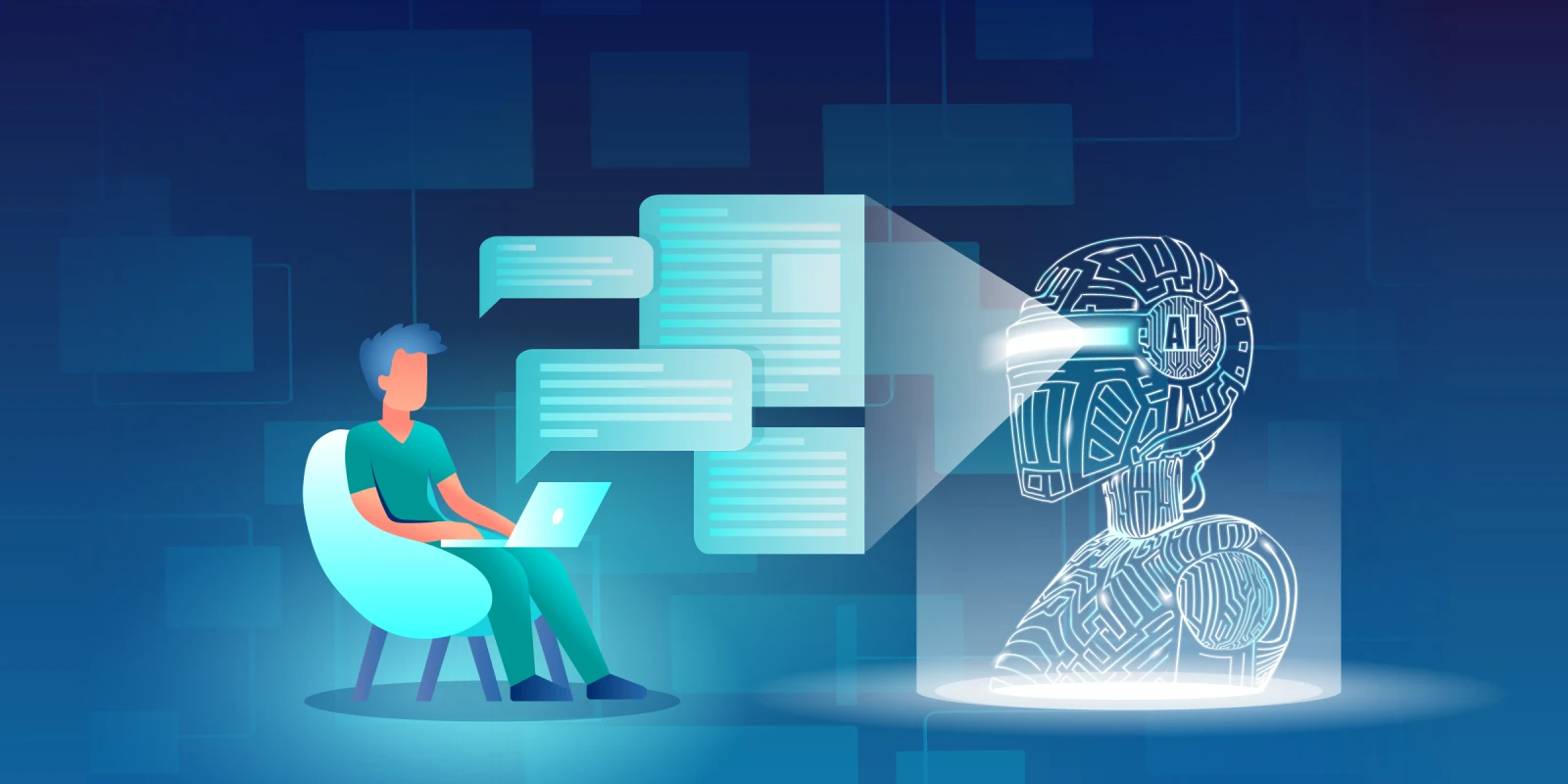More than two-thirds of physicians say that AI has helped increase time for patient care by reducing administrative workload, or that it can in the future, according to a Doximity poll.
In recent years, AI has emerged as a possible stepping stone toward more efficient health care. Early attempts at integrating AI in medicine, for example, have demonstrated its potential to facilitate clinical practice and reduce time spent on administrative tasks, a major driver of physician burnout.
“I am excited by the potential for AI to assist physicians with bureaucratic work so that physicians can spend more time interacting with patients and less with technology,” said Eric K. Oermann, MD, an assistant professor at NYU Langone who has led research on AI in medicine. “The point of AI, or any technology, in medicine should be to improve the lives of patients.”
The Doximity poll of 1,047 physicians, conducted in August 2023, found that 52% believe in the future potential of AI to support their workflow, with an additional 16% reporting that AI has already been helping. In contrast, 32% of physicians are skeptical about AI’s ability to increase time for patient care, in part due to concerns over safe and effective clinical implementation. Though AI has the potential to increase overall workflow efficiency, the time saved might not directly translate to more time for patient care.
Overall, belief in AI as a time saver is highest among younger physicians, who may be more familiar with AI applications and more amenable to its adoption in medicine: 82% of physicians under 30 believe AI has increased or can increase time for patient care, compared with 74% in their 30s, 68% in their 40s, 61% in their 50s, 54% in their 60s, and 64% in their 70s. Nearly the same percentage of women (63%) and men (65%) say that AI can help increase time for patient care.
In addition, PCPs (71%) are more likely than surgeons (67%) and nonsurgical specialists (65%) to say that AI has or can reduce administrative workload to make more time for patient care. Nearly 21% of PCPs say AI has already begun helping, compared with 16% of surgeons and 14% of nonsurgical specialists. Research has found PCPs more likely than other specialties to be early adopters of technologies, such as virtual health care, that can help increase time for patient care.
With the emergence of large language model-based tools, physicians have begun leveraging AI to help streamline a wide variety of administrative tasks.
One of the most common applications of Doximity’s AI-powered writing tool Doximity GPT has been to help physicians draft insurance letters — including prior authorization requests, reimbursement redetermination, and letters of medical necessity. Early use of the AI tool has been particularly popular among PCPs, who have leaned on it for various applications, from patient education to colleague communication.
In contrast, in surgical fields, AI technologies have often been used to support operative workflow, said Dr. Oermann, a neurosurgeon.
“Neurosurgery is a heavy user of technology,” he said. “And AI approaches have already delivered benefits in terms of how we plan surgeries, conduct surgeries intraoperatively, and study outcomes.”
Though the majority of physicians are bullish on AI’s potential impact in medicine, others remain cautious. Some experts emphasized the need to address bias and liability concerns prior to AI’s large-scale adoption.
“While AI holds promise for automating administrative tasks and improving workflow, it's still in the early stages of integration into most physicians’ daily practice,” said Ted A. James, MD, medical director and vice chair at Beth Israel Deaconess Medical Center, who has written on how AI is disrupting medicine. “As we move forward, we will also have to carefully address regulatory concerns and take deliberate steps to ensure that AI doesn't exacerbate existing health care disparities.”
There are also systems-level barriers to AI integration and the need to demonstrate real value, added Dr. Oermann. “Validating AI technologies in health care requires a lot more work and rigor than your typical consumer product,” he said.
Yet when it comes to AI’s potential role in modern medicine, the prevailing sentiment appears to be optimism.
“I envision AI becoming instrumental in automating repetitive tasks and alleviating administrative burdens, allowing health care professionals to focus more on patient-centered care,” Dr. James said. “These advancements will allow for greater access and more precise and appropriate treatment.”
The emerging synergy between AI and physicians’ work may be poised to help the health care industry be more efficient and patient-centric.
“I’m overall incredibly optimistic that AI will improve health care, and I think that the fastest impact will occur in these peripheral and back-office areas,” Dr. Oermann said. “This is an exciting challenge for all of us to engage with.”
What interactions have you had with AI in medicine? Share your experiences in the comment section.
Image by Feodora Chiosea / GettyImages





